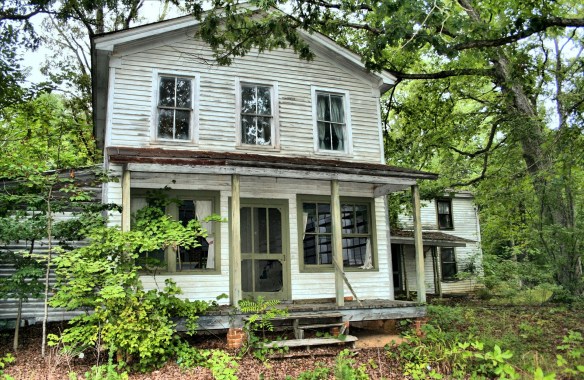TheStreet.com quoted me in Millennials Are Accruing Less Debt, Bypassing Homeownership. It reads, in part,
Millennials are accruing less debt than their counterparts did back in 2003 — despite being saddled with large amounts of student loans — because they are putting off buying homes.
The research conducted by Torsten Sløk, a Deutsche Bank international economist, shows that Millennials, ages 25 to 35, attained less debt in 2015 than their counterparts did in 2003. The data demonstrates a 29-year old in 2003 had an average debt amount of $41,761 compared to $36,810 in 2015 or a 33-year old owed $56,859 in 2003 and $52,640 in 2015.
“It is an urban myth that the young generation today is more indebted, it is the older generations that have higher debt levels,” said Sløk in a research note. “The reason is that since 2009, it has been difficult for Millennials to get a loan. As a result, 25 to 35 year olds today have less debt than in 2003.”
Debt has been “harder to obtain” for Gen Y-ers whether they are credit cards or mortgages, said Jim Triggs, a senior vice president of counseling and support of Money Management International, a Sugar Land, Texas-based non-profit debt counseling organization.
“Millennials have not been inundated with easy to obtain credit cards like in past years,” he said. “Creditors are not on college campuses offering credit cards to college students any longer.”
While Millennials are saddled with record levels of student loans because of the skyrocketing costs of college tuition and the ease of obtaining these loans, Millennials “continue to have less credit card and mortgage debt than their parents and grandparents,” Triggs said.
The level of student loan debt is hindering borrowers ages 18 to 35 from paying for necessities such as rent, utilities and even food as 43% expressed this sentiment, according to the National Foundation for Credit Counseling’s 2016 consumer financial literacy survey, said Bruce McClary, a spokesman for the Washington, D.C.-based national non-profit organization.
“There is a staggering amount of student loan debt and it is a burden for many,” he said.
Homeownership Delays
Although Millennials have expressed the desire the own a home in the future, they are keen to keep renting in part because many of them switch jobs frequently, have not amassed a down payment or do not want the financial commitment. The zeal to pursue the “American dream” of owning a home has waned.
* * *
The assumption that home values would rise faster than other investments has been challenged since the Great Recession, said David Reiss, a law professor at Brooklyn Law School.
“One big issue is the role that home ownership plays in wealth creation,” he said. “The bottom line is that homeownership can help build a nest egg for retirement, but long-term trends and individual decisions about homeownership will have a big impact as well.”








